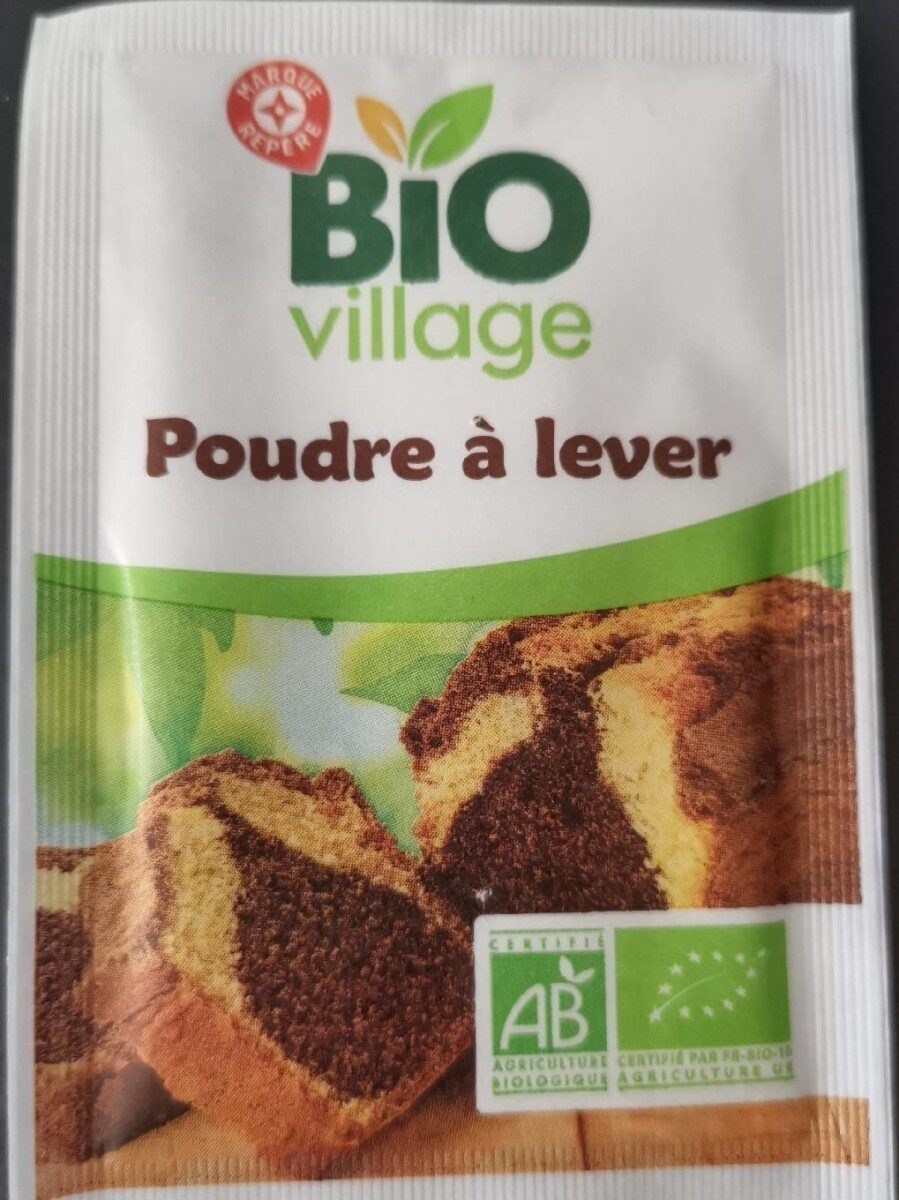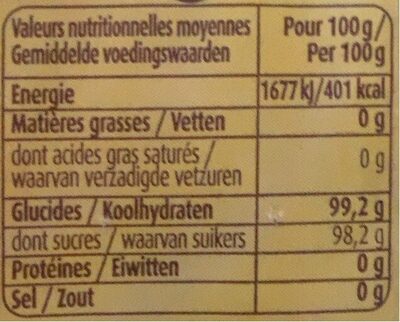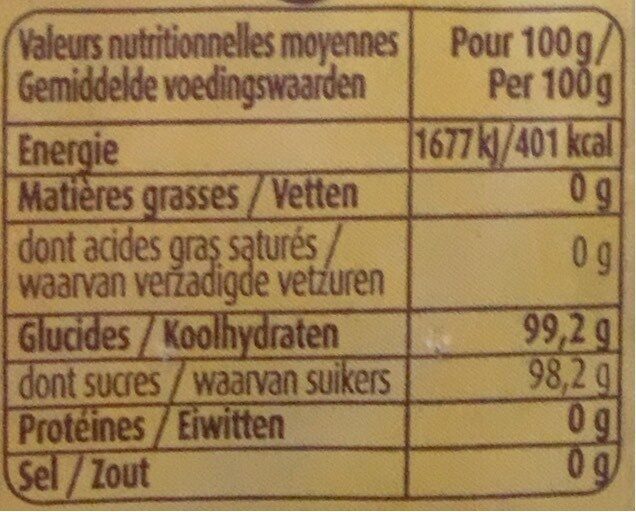Poudre à lever - Bio Village - 35 g
This product page is not complete. You can help to complete it by editing it and adding more data from the photos we have, or by taking more photos using the app for Android or iPhone/iPad. Thank you!
×
Some of the data for this product has been provided directly by the manufacturer Scamark.
Barcode: 3564707141345 (EAN / EAN-13)
Quantity: 35 g
Brands: Bio Village, Marque Repère
Categories: Food additives, fr:Poudres à lever
Labels, certifications, awards:
Organic, EU Organic, EU Agriculture, FR-BIO-10, AB Agriculture Biologique

Stores: Leclerc
Countries where sold: France
Matching with your preferences
Environment
Carbon footprint
Packaging
Transportation
Labels
Other information
Preparation: À utiliser pour la réalisation de gâteaux ou autres préparations sucrées ou salées, à raison d'1 sachet de poudre à lever pour 250g de farine.
Report a problem
Data sources
Product added on by kiliweb
Last edit of product page on by xavier-m.
Product page also edited by date-limite-app, ecoscore-impact-estimator, laurie-alz, openfoodfacts-contributors, org-scamark, roboto-app, scamark, teolemon, yuka.Dp4dY_GKR_0vDcr_zJxq2zKDOsLAL_10GXgkow, yuka.EKlLAYGxPNc5TcGCwY40jCWhKvzZDfl3BHcvog, yuka.FuheEuKLMNR7TcLD0KY7hWDkH__CHKN0FScWog, yuka.IrFzBNeMI8J6Q_fsiaMQ0AW9EPrAJeNjMlkdog, yuka.MKxuPe60NMUTNsbA27ll2T-SCMfkJKYFGSUuow, yuka.PJ5OEPSAPZVxGPHQiZNl3yHqTLvDHeUJJVwPoQ, yuka.UUo0ZkVMdzcrL01WbDhVYi9VdlYvUGd2K3BLbUJ6dU5PdmhLSVE9PQ, yuka.Ub9jINqRQJUBQfT4wIgE4mGGDejOHNxwHXIHog, yuka.VC8wWUZvMEVpZmNIbDhBczRCR0wrK3QxeTV5bkFrZnZFN1FBSVE9PQ, yuka.sY2b0xO6T85zoF3NwEKvlkFkVf_VjDTDKgznmhWZ7fq-HJ_hR4pWspD1Das, yuka.sY2b0xO6T85zoF3NwEKvll5raOrT-mrAOTPSvVermsuODLf6Re98vKLDCqs, yuka.sY2b0xO6T85zoF3NwEKvlm4YVsvlpyvmFBngk2qO4dCNEK3vRvJ3-NHcOqs.








